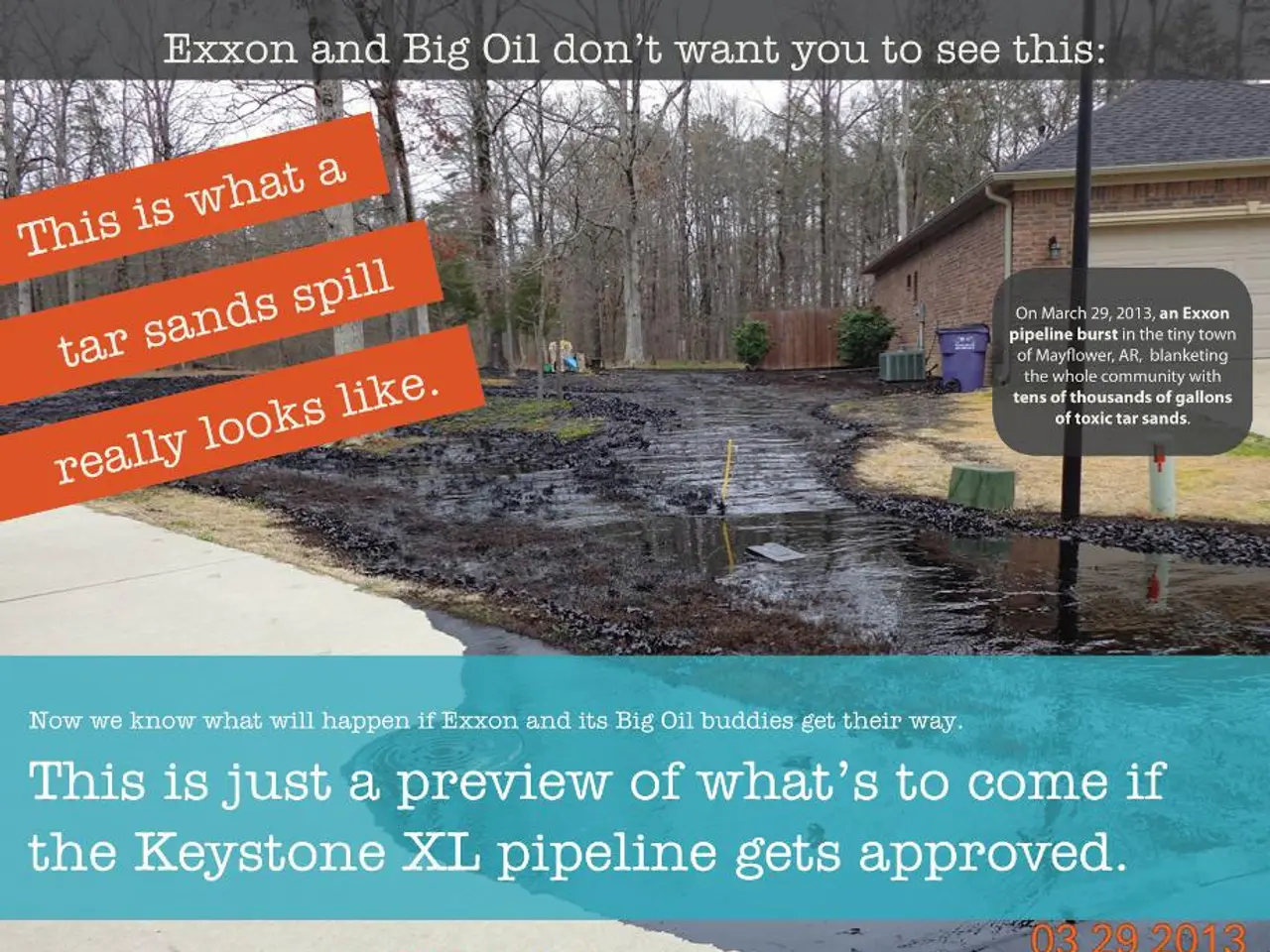Waste Connoisseurs or Trash Enthusiasts: Litterati Redefines Trash Collection and Recycling
In the quest to combat the growing issue of litter and promote environmental sustainability, a unique digital tool has emerged – Litterati. This online citizen science project, developed by Sustainable Coastlines, is making waves worldwide by harnessing the power of community engagement to gather and analyse data on litter.
Litterati allows participants to photograph, upload, and categorise litter in their local areas using the COMB acronym (Category, Object, Material, Brand). The tool can generate data reports of up to 50,000 pieces of litter, which can be filtered by type, country, date, and more. This data-driven approach enables communities, policymakers, and corporations to identify litter patterns, enforce accountability, and develop targeted waste-reduction policies and clean-up initiatives.
The significance of Litterati lies in its collaborative ecosystem approach, connecting citizens, local authorities, and private organisations to foster sustainable urban environments. The platform's data has been used in various ways, such as San Francisco's defence of a litter abatement tax linked to cigarette butt cleanup costs, generating substantial municipal revenue.
Organisations like the World Bank leverage Litterati data to analyse coastal city pollution, directing investments to critical areas to protect waterways and coastal ecosystems. Projects like Keep Britain Tidy have used Litterati's data to guide and evaluate national litter campaigns, demonstrating the tool's potential to measure the effectiveness of policies over time.
Through tagging litter items by category, object, material, and brand, Litterati creates actionable insights that lead to packaging redesign, better waste infrastructure, and enhanced environmental awareness. This citizen science model not only promotes community engagement but also pushes for corporate responsibility and systemic change across multiple sectors.
Litterati's impact is multifaceted. It provides robust data for legal enforcement, informs sustainable policy and infrastructure investment, supports community-driven cleanup efforts, and promotes global collaboration in combating litter and advancing environmental sustainability.
The project has a worldwide reach, with initiatives like Backyard Battle and Mizuiku Upstream Battle run by Keep New Zealand Beautiful to collect and audit litter. Resources such as "Thinking about plastic - planning pathways," "Connected" article "Down the drain," and Building Science Concepts Book 60 "Rubbish: How Do We Deal with It?" are available for understanding plastic and waste.
In 2020, Litterati opened up access to the Litterati's Global Litter Database, which has over 6,000,000 pieces of litter photographed, mapped, and labelled. Data collected by Litterati can be downloaded and used to discuss patterns and potential actions to change littering behaviour.
Litterati is more than just a tool; it's an educational resource. It's positioned to help develop students' understanding of using evidence and engaging with science from the 'Investigating in science' and 'Participating and contributing' substrands of the Nature of science. Resources such as "Planning for students to be citizen scientists" provide pedagogical support for educators interested in contributing to online citizen science projects.
As we grapple with the complex issue of plastic pollution, Litterati offers a promising solution. Plastic, while useful, is a 'wicked problem' with environmental implications. By engaging citizens in the fight against litter, Litterati is not only fostering community spirit but also driving change towards a more sustainable future.
References: 1. Sustainable Coastlines. (n.d.). Litterati. Retrieved from https://litterati.org/ 2. Ministry of Education. (n.d.). Building Science Concepts Book 61: "Recycling: New Uses for Rubbish". Retrieved from https://www.education.govt.nz/resources/science/science-learning-area/resources/building-science-concepts-book-61-recycling-new-uses-for-rubbish/ 3. Keep New Zealand Beautiful. (n.d.). Backyard Battle and Mizuiku Upstream Battle. Retrieved from https://www.keepnzbeautiful.org.nz/programmes/backyard-battle/ 4. Keep New Zealand Beautiful. (n.d.). Kiki Kiwi & Friends 'Litter Less' programme. Retrieved from https://www.keepnzbeautiful.org.nz/programmes/kiki-kiwi-friends-litter-less-programme/ 5. Radio New Zealand. (2020, August 18). Volunteers in Hutt Valley using Litterati app to clean up local area. Retrieved from https://www.radionz.co.nz/news/national/414907/volunteers-in-hutt-valley-using-litterati-app-to-clean-up-local-area
- By participating in Litterati, a platform for online environmental-science and education-and-self-development, individuals can help gather and categorize data about climate-change, specifically litter in their local areas, contributing to a global database with over 6,000,000 pieces of mapped, labelled, and photographed litter.
- The data collected through Litterati is not only used for legal enforcement and informing sustainable policy and infrastructure investment, but also for developing students' understanding of science, particularly in the 'Investigating in science' and 'Participating and contributing' substrands, making it a valuable tool for learning about plastic pollution and its impact on the environment.
- With its data-driven approach, Litterati provides robust insights that can lead to packaging redesign, better waste infrastructure, and enhanced environmental awareness, paving the way for corporate responsibility and systemic change across multiple sectors, ultimately driving change towards a more sustainable future.




